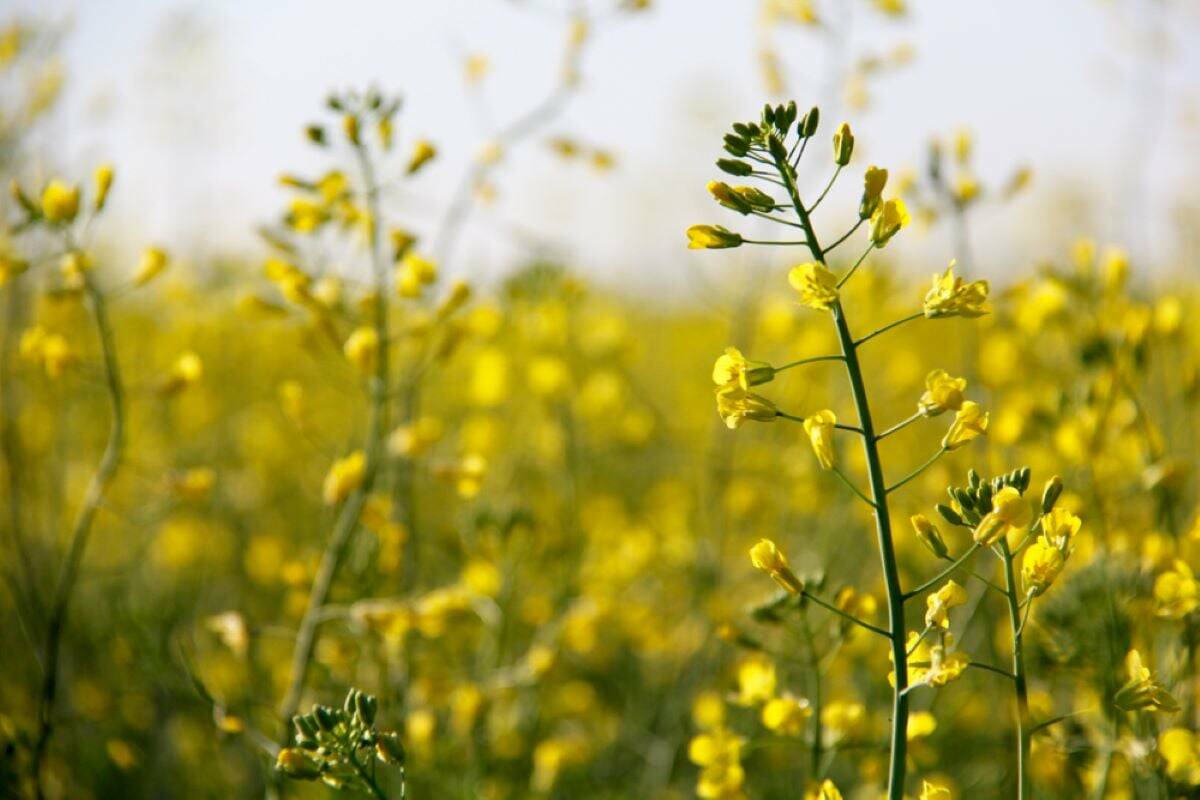(Resource News International) — Spring seeding is mostly complete in Alberta, but producers there are now in desperate need of rain and warmer temperatures to help the crops along, according to a provincial crops specialist.
“This might not be the year to grow corn, let’s put it that way,” Harry Brook, a crops specialist with Alberta Agriculture and Rural Development’s Ag-Info Centre at Stettler, said Wednesday.
Cold temperatures throughout the spring, highlighted by frost earlier this week, have led to crops that are 10 days to two weeks behind normal, Brooke said. In addition to the cold temperatures, much of the province is also very dry, he said.
Read Also

ICE weekly: China, soy complex lift canola prices
China’s upcoming lifting of tariffs and rising soyoil prices lifted Canadian canola values for the week ended Feb. 4, 2026.
The east-central and northeast areas of Alberta are particularly dry and will need precipitation in order to help with germination.
“We need rain,” Brook said, adding that “there’s a fair bit of seed sitting in the dust waiting for rain to germinate.” However, he said, nearby forecasts were not looking that promising, with only the chance of spotty showers.
Overall, Brook estimated seeding was more than 90 per cent complete across Alberta, with only silage and greenfeed crops left to go in the ground. Emergence was starting in many areas, although at a slower pace than normal.
Canola, he said, was no further than the three-leaf stage of development, which is slow for this time of year, while the most advanced cereals were also around the three- to four-leaf stage.
Reports of insects, including cutworms and flea beetles, were starting to come forward from some localized areas around the province, said Brook.
Slow emergence and thin crop stands have led to talk of reseeding in some areas, Brook said. He expected some of the especially thin canola crops would be reseeded, most likely to barley.
Pasture growth has also been hampered by the cool, dry conditions, with some alfalfa crops killed off by recent frosts, he said. The year was shaping up to be poor for hay fields, which means livestock feed will be in short supply, he noted.
While the cool, dry conditions are widespread, Brook said there were some isolated spots that are doing well. The western half of the Peace River region was probably in the best shape so far this year, he said.















